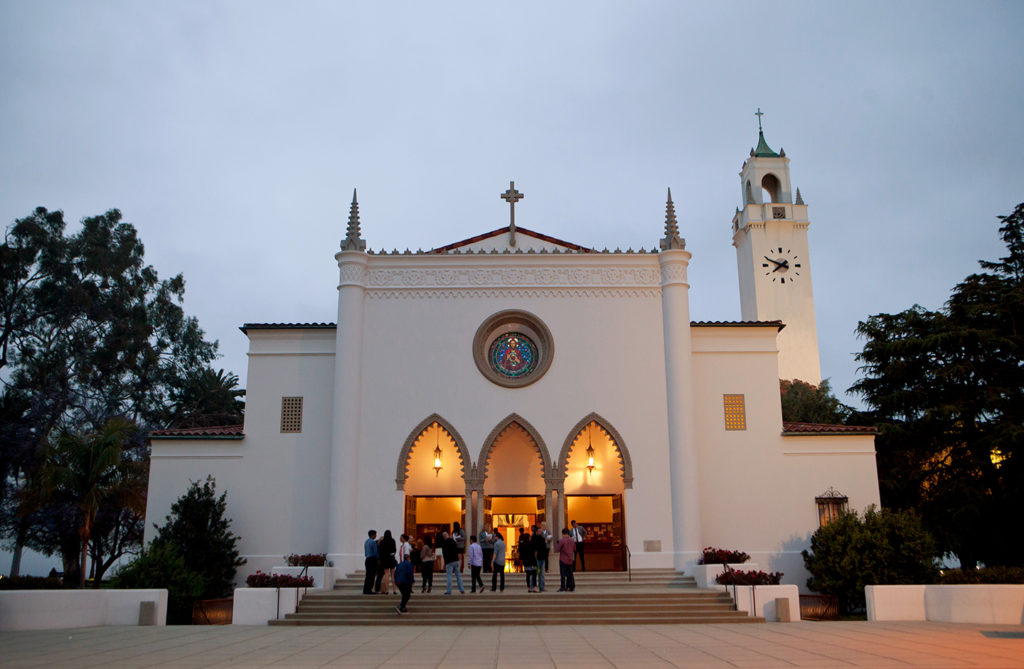
The American religious experience has been an expression of individualism from the beginning. What the COVID-19 pandemic has disrupted is how individual religious experiences of spirituality are mediated in time and space. Not that religious experience wasn’t mediated before, expressed materially through buildings, ministers and rituals, but during the pandemic these traditional loci of worship have become elusive.
Zoom gatherings became all. For some, this cultivated strong longings to be back physically with the gathered community, leading some to recklessly disavow government health orders and common decency. For others, this meant accepting being an “absent” community, having emptied the gathered community of its physical presence. For others still, even virtual gatherings proved “essentially insufficient.”
But these approaches view religion as largely human-centered. Churches had always gathered locally, physically. But now believers had the expansively diffuse gatherings and how they impacted both desires and expressions of faith — connected to church while simultaneously scattered in a range of places. God is in all.
Creative clergy arose to unanticipated challenges — whether pandemic-related illness and loss, or matters around racial injustice — keeping interested believers and seekers engaged while meeting tangible needs in their wider communities. The church showed up as a real agent of countercultural healing in the world, enabling believers and nonbelievers to engage the church’s message in new and open ways.
The church as a public actor has rarely had such a porous openness to the watching world, where affective religious feelings and impulses exist in “the gathering” while having an immediate connection to the real world. The church dissolved in a new form in the world, enabling and affirming many new ways of being Christian in the world, in the everyday, as a way of life. Believers have always wanted this, and the Holy Spirit gave it at a most unusual time, and will also lead into the next season.
Jason Sexton is a lecturer in theological studies in the LMU Bellarmine College of Liberal Arts. He has been a visiting fellow at the UC Berkeley Center for the Study of Religion and the Center for the Study of Law & Society. He is a past president of the American Academy of Religions, Western Region and was the editor of Boom California magazine. His essay on pride, in our feature story on the Seven Deadly Sins, appeared in the summer 2017 (Vol. 7, No. 2) issue of LMU Magazine.
Tell Us Your Story
The COVID-19 pandemic has forced us to adapt and change many of the ways we do our work in almost every sector of society. Are there pandemic-related changes in your field of work or expertise that will last beyond the crisis?
Tell us in 250 words about the most important change, for better or for worse, that you see being long-lasting in your world of work. Email your reflection to magazine@lmu.edu, along with your name, email address, your relationship to the university, and your profession or area of expertise/work and we’ll post some to the LMU Magazine website on the Afterlife page in the coming weeks.—The Editor.
